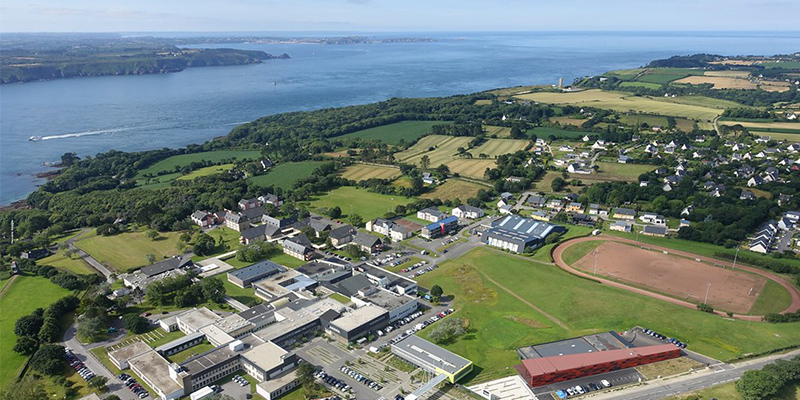UniSA collaboration for a double-barrelled PhD to advance industry expertise in human factors and engineering
Michèle Nardelli
 COMMUNITY
COMMUNITYUniSA is offering its first cotutelle PhD opportunity after signing an agreement with French university IMT Atlantique earlier this month.
The special study program will see PhD students graduate with a qualification from both institutions and will require them to spend a year in each country while they are doing their postgraduate research.
Vice Chancellor Professor David Lloyd says the arrangement will strengthen research ties between South Australia and France and will build research depth in areas such as psychology, human factors and engineering.
“This presents an enviable opportunity for students and will ensure that the research they do while undertaking their PhD is internationally informed,” Prof Lloyd says.
“We’re excited to start recruiting for PhD candidates especially in areas that will support the creation of knowledge for the naval and defence sectors.”
The PhD collaboration is underpinned by UniSA’s growing links with France through a range of student exchange programs with French universities, research collaborations and professional partnerships.
In 2017 as part of the Australian Technology Network, UniSA signed an MOU with the French Embassy in Australia, giving ATN students opportunities for six-month internships at French education institutions.
Since then, UniSA has partnered with the Western Alliance for Scientific Actions with Australia (WASAA) which enhances collaboration between a range of French universities and colleges, including IMT Atlantique.
In 2018 UniSA was also funded under the SA Government’s South Australia-Brittany Research Collaboration Grants to undertake two Industry 4.0 projects in France: enhanced STEM and engineering teaching led by Prof David Cropley, and a project developing a collaborative approach to human factors research in the naval industry led by Prof Siobhan Banks.
The first of the cotutelle PhD candidates will commence in the next six months.
Other Stories
- BOSS result for UniSA's MBA
- Super-powered immune cells – leading the next cancer breakthrough
- It’s time to end Australia’s culture of workplace bullying
- Personal approach to mental health wins Three Minute Thesis final
- From the Vice Chancellor
- Achievements and Announcements
- Research breakthrough to safely monitor pre-term babies
- $3.9m for research into chronic pain, prenatal genetic testing and heart health
- UniSA opens free tax clinic
- Depression breakthrough: ‘Black Dog’ blamed for major diseases
- Women executives need to work an extra 64 days a year to catch up to men
- UniSA to offer Speech Pathology in 2020
- What works in the workplace?
- UniSA collaboration for a double-barrelled PhD to advance industry expertise in human factors and engineering
- Australians not ‘walking the talk’ when it comes to the environment
- The latest books from UniSA researchers
- Sleeping rough, Ben Folds and social activism



